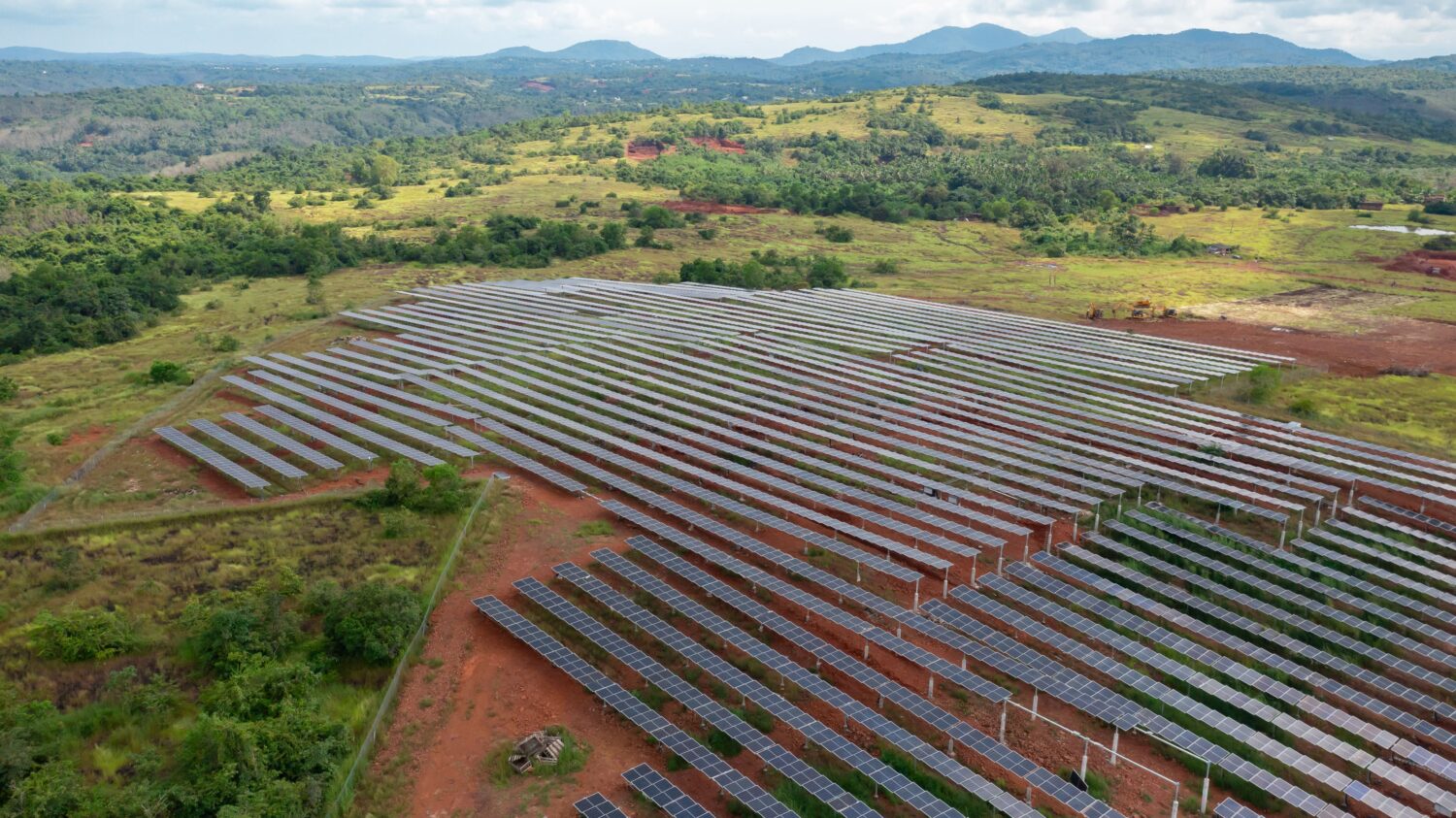Impact Of Social Systems On Agricultural Innovations

When combined with power hierarchies in which those who are less central are not listened to, it can crowd out innovative voices, sometimes swaying entire communities one way or another
Researchers from Stockholm University and the University of Sydney recently conducted a study that was published in People and Nature, which emphasises the influence of social systems on agricultural advances. The study looked at the connection between community fertiliser use and social networks in 30 rural Sulawesi villages that produce cacao. The results show that social structures in which a small number of people, referred to as “model farmers,” have a disproportionate amount of power tend to stifle innovation and encourage uniformity in agricultural methods. Known as “hub and spoke” networks, these kinds of networks run the risk of encouraging a lack of diversity and locking in the wrong strategies.
The study highlights how crucial decentralised influence is for promoting creativity and tackling issues with food security and sustainability. Smallholder farms are vital to the world’s food security and environmental effect, providing a living for 2.5 billion people worldwide. The study, carried out in association with the non-governmental organisation SwissContact, recommends wariness of initiatives that promote certain farmers purely on the basis of previous interventions, as this could perpetuate customs and impede advancement. The study’s conclusions, which highlight the necessity of shared decision-making and influence for successful community engagement in projects and programmes, have applications outside of agriculture, particularly in corporate and leadership contexts.








































































































































































































































































































































































































































































































































































































































































































































































































































































































































































































































